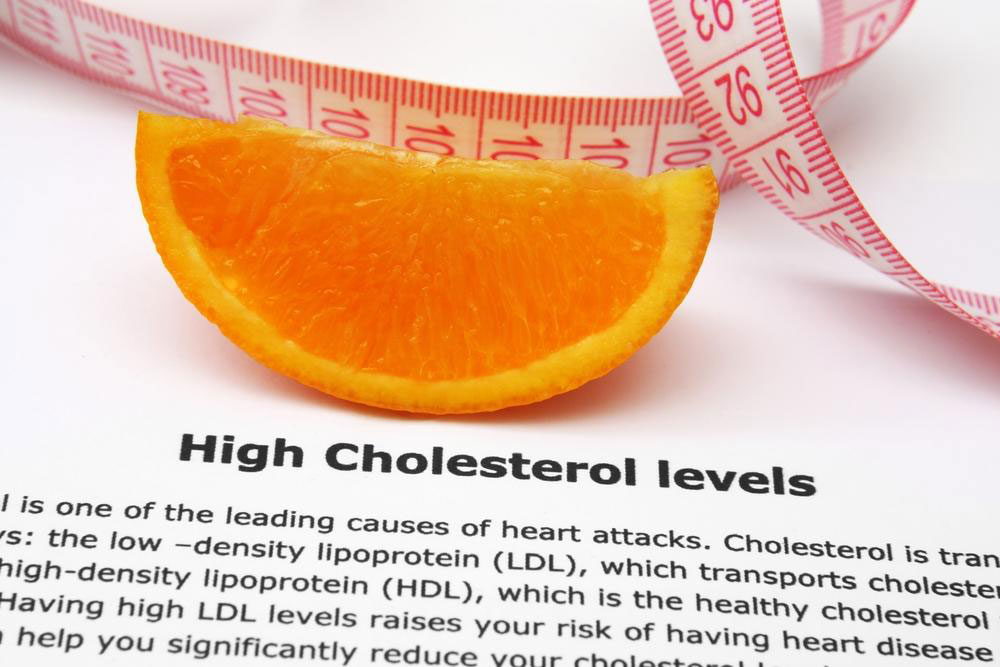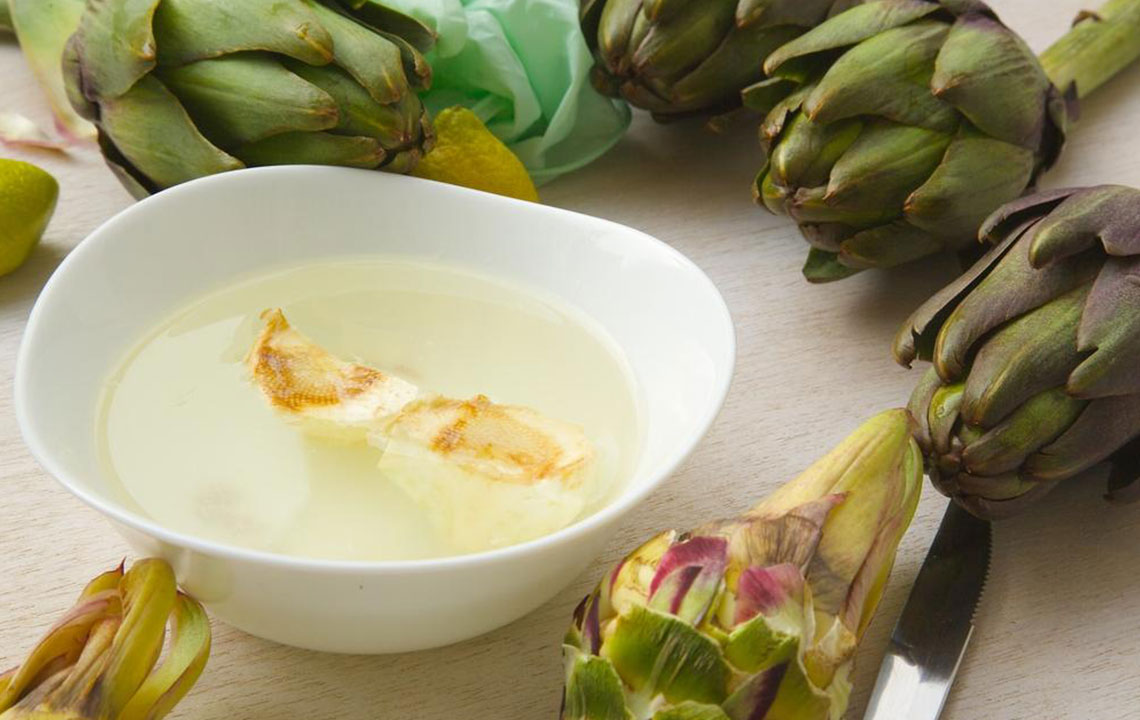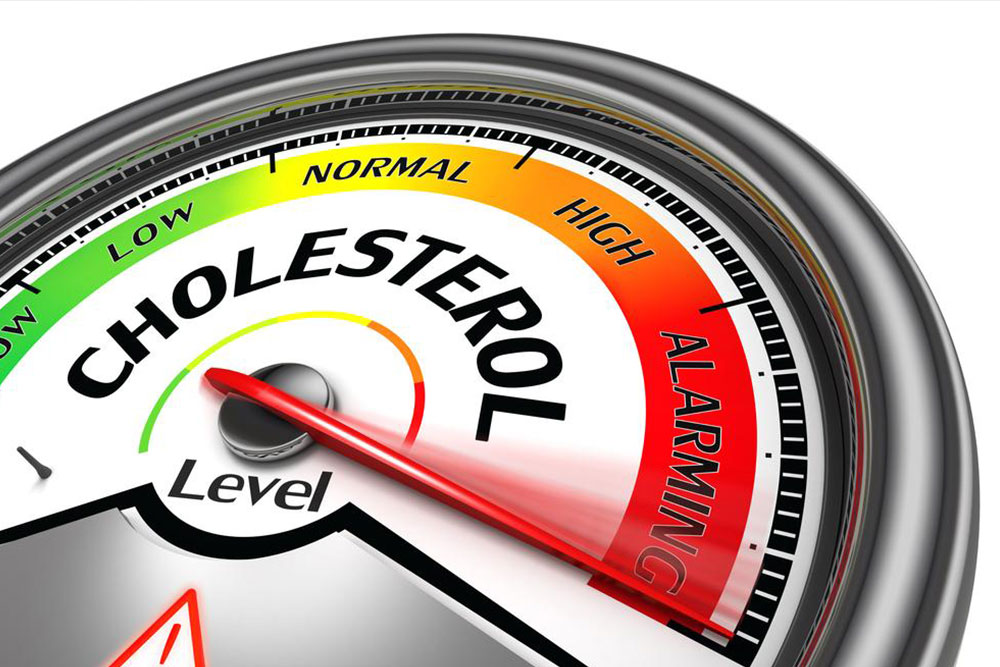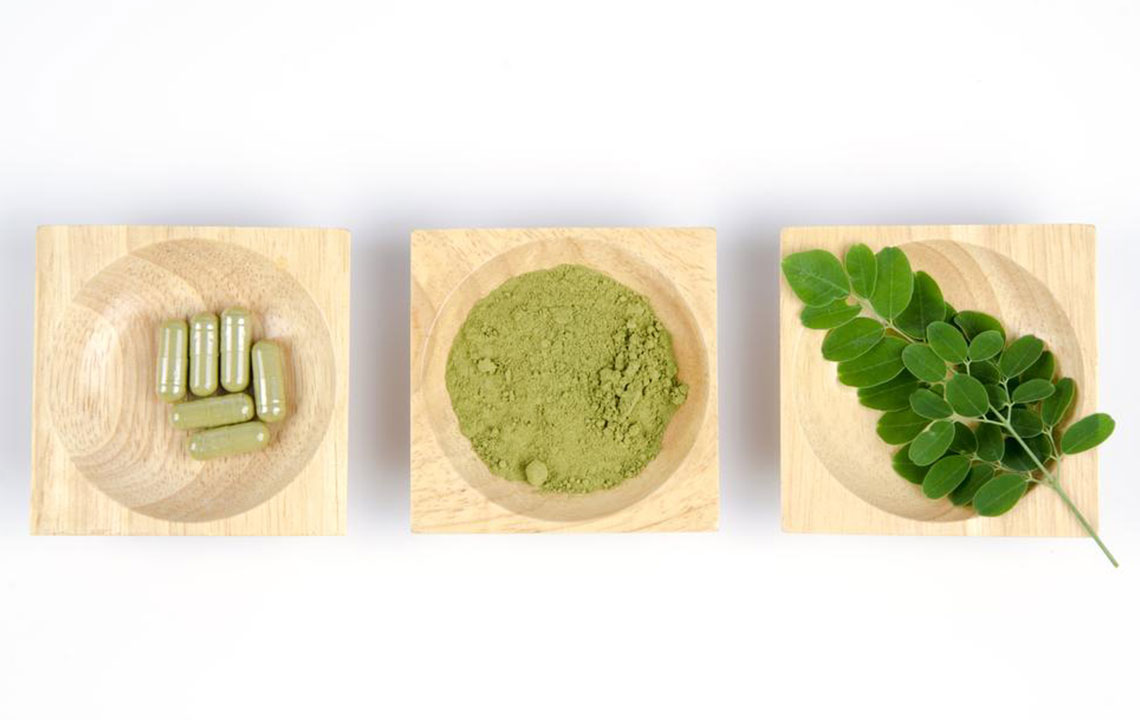Natural Strategies for Managing Cholesterol and Supporting Heart Health
Discover comprehensive natural strategies and lifestyle modifications to effectively manage cholesterol levels. This detailed guide covers dietary choices, supplements, and habits that support heart health without relying solely on medication, emphasizing personalized care for optimal results.
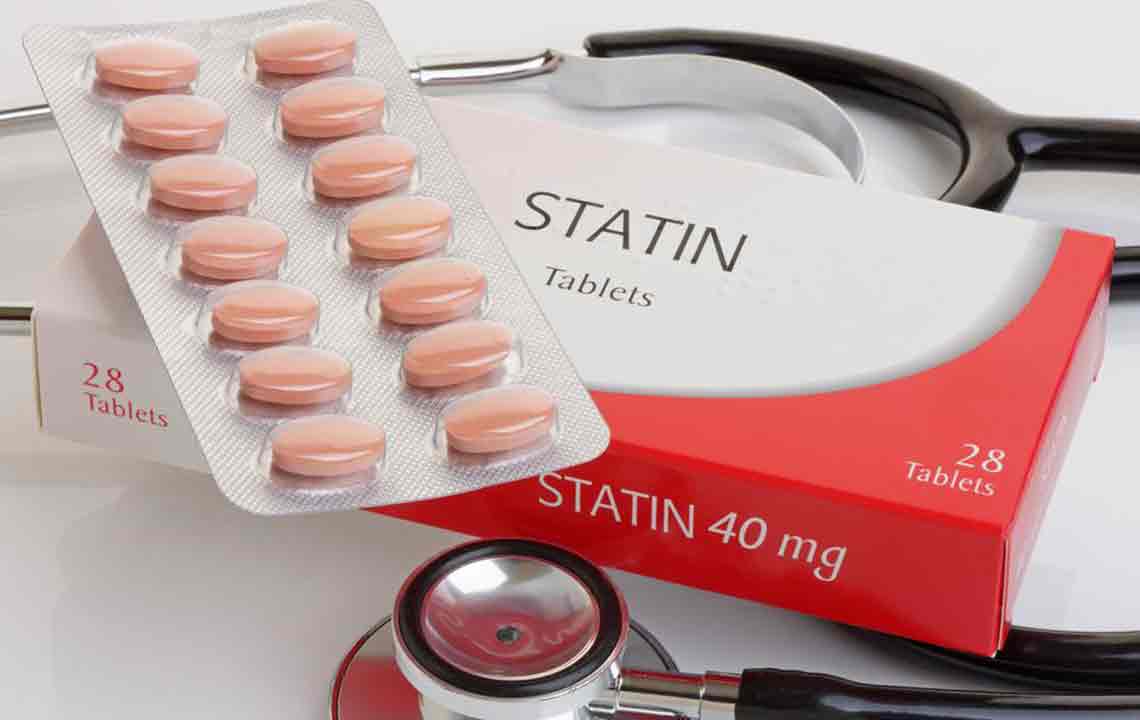
Natural Strategies for Managing Cholesterol and Supporting Heart Health
Controlling cholesterol levels is a critical aspect of maintaining cardiovascular health and reducing the risk of heart disease. While prescription medications like statins are widely used and effective, many individuals seek natural and alternative options to manage their cholesterol levels safely and sustainably. This comprehensive guide explores various natural methods, dietary choices, lifestyle modifications, and supplementary approaches to assist in managing cholesterol effectively without solely relying on pharmaceutical interventions.
Statins, such as atorvastatin, rosuvastatin, simvastatin, and pravastatin, are medications designed to inhibit the enzyme HMG-CoA reductase, a key player in the body’s cholesterol production pathway. By blocking this enzyme, statins significantly lower LDL cholesterol—the so-called “bad” cholesterol—and can also reduce triglycerides and oxidative stress. These medications have been instrumental in reducing cardiovascular events; however, they are not without side effects. Some individuals experience muscle pain, fatigue, nausea, and, in rare cases, potential organ damage with long-term use. Therefore, exploring natural options is important for those who prefer a holistic or complementary approach to managing their cholesterol levels.
Pharmaceutical and Natural Alternatives
While statins are effective, they are not suitable for everyone. An alternative class of medications, such as ezetimibe, can be used to prevent intestinal absorption of cholesterol, specifically targeting dietary cholesterol uptake. Combining ezetimibe with a healthy diet can offer a potent way to manage lipid profiles without some of the side effects associated with statins. Additionally, bile acid sequestrants, another medication option, bind bile acids in the gut, reducing overall cholesterol levels. However, long-term use of these agents may lead to deficiencies in fat-soluble vitamins, so regular monitoring is advised.
Managing triglycerides and raising good HDL cholesterol can be achieved with medications like niacin, which has been shown to be effective in improving lipid profiles. Nonetheless, lifestyle modifications often serve as the cornerstone of natural cholesterol management. Incorporating dietary changes, such as increasing intake of garlic, oats, vegetables, and healthy fats, can substantially influence cholesterol levels. These foods contain properties that naturally lower LDL cholesterol and support cardiovascular health.
Dietary and Lifestyle Interventions
A heart-healthy diet is fundamental. Foods rich in soluble fiber, such as oats, barley, and beans, create a gel-like substance in the gut that traps cholesterol and prevents its absorption. Incorporating garlic, known for its cholesterol-lowering properties, can enhance cardiovascular health. Vegetables, especially leafy greens, provide antioxidants and fiber, further supporting healthy cholesterol levels. Limiting saturated fats found in red meat and full-fat dairy, and reducing trans fats commonly found in processed foods, is crucial for maintaining balanced lipid profiles.
Beyond diet, lifestyle changes are potent tools in managing cholesterol naturally. Regular physical activity—such as brisk walking, swimming, cycling, or aerobics—helps boost HDL (“good”) cholesterol while lowering LDL (“bad”) cholesterol. Exercise also promotes weight management, improves circulation, and reduces blood pressure, collectively lowering cardiovascular risk.
Smoking cessation is another vital step. Smoking damages blood vessel walls and can decrease HDL levels, thus increasing the risk of atherosclerosis. Quitting smoking improves overall arterial health and enhances the effectiveness of other management strategies.
Supplementation and Additional Natural Approaches
In addition to dietary and lifestyle changes, certain nutritional supplements have demonstrated benefits in reducing cholesterol levels. Vitamins C and E, selenium, and B-complex vitamins support overall vascular health and can protect arteries from oxidative stress. Fish oil supplements rich in omega-3 fatty acids are well-known for lowering triglycerides and increasing HDL cholesterol.
Herbal remedies like red yeast rice, plant sterols, and stanols have been extensively studied for their cholesterol-lowering effects. Red yeast rice contains natural statins and can be an effective supplement, but should be used cautiously under medical supervision due to potential side effects similar to pharmaceutical statins.
Personalized Care and Professional Guidance
Every individual’s health profile is unique. Customizing cholesterol management plans should always involve consultation with healthcare professionals. Factors such as family history, existing health conditions, medication use, and lifestyle habits influence the choice of interventions. Regular monitoring through blood tests helps track progress and adjust strategies accordingly.
Taking charge of cholesterol health with a combination of natural therapies, dietary adjustments, and lifestyle changes can significantly reduce cardiovascular risk. Educating yourself on these options and working closely with your healthcare provider empowers you to make informed decisions, leading to a healthier heart and improved overall well-being.

